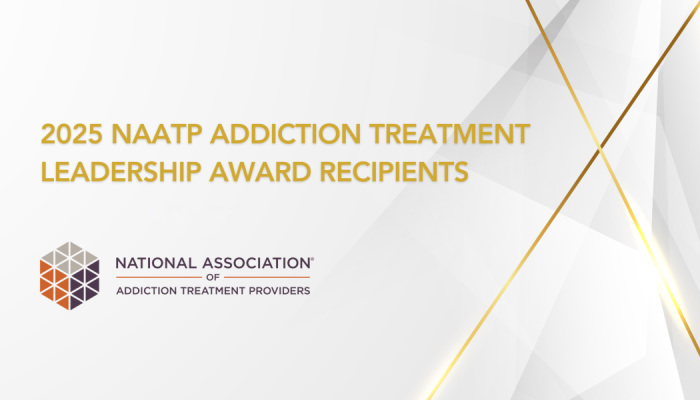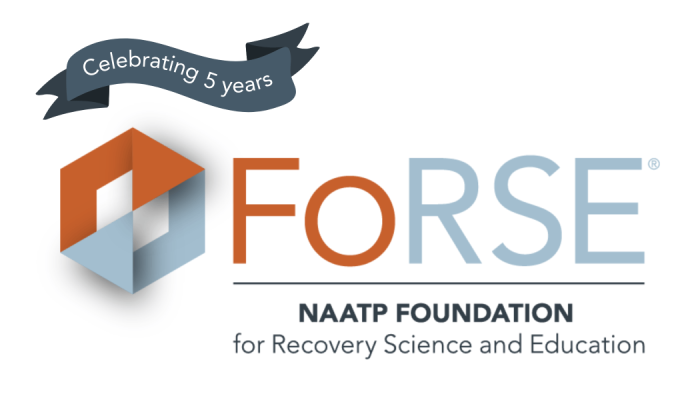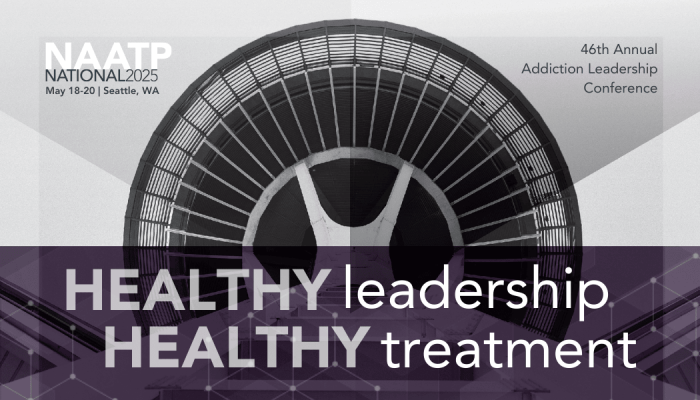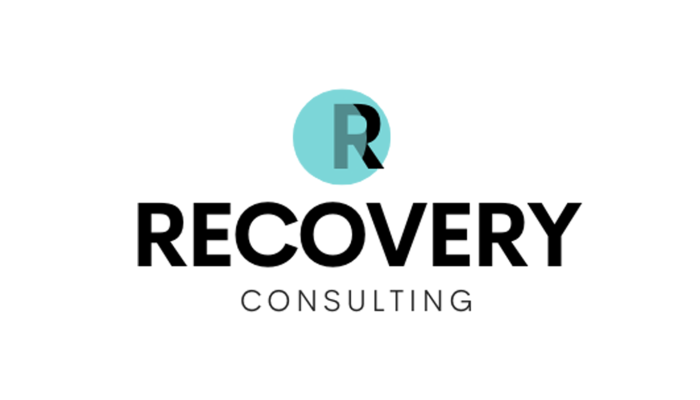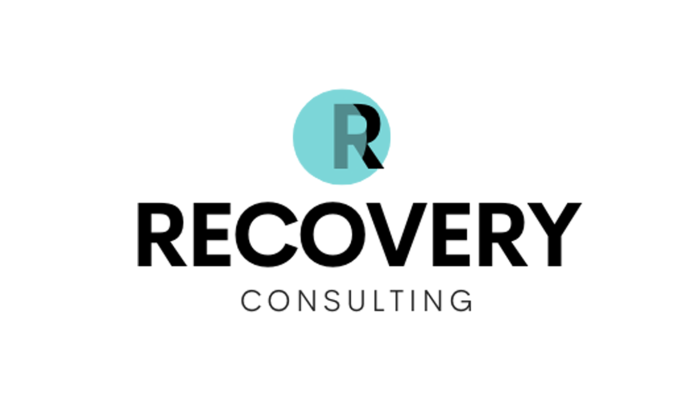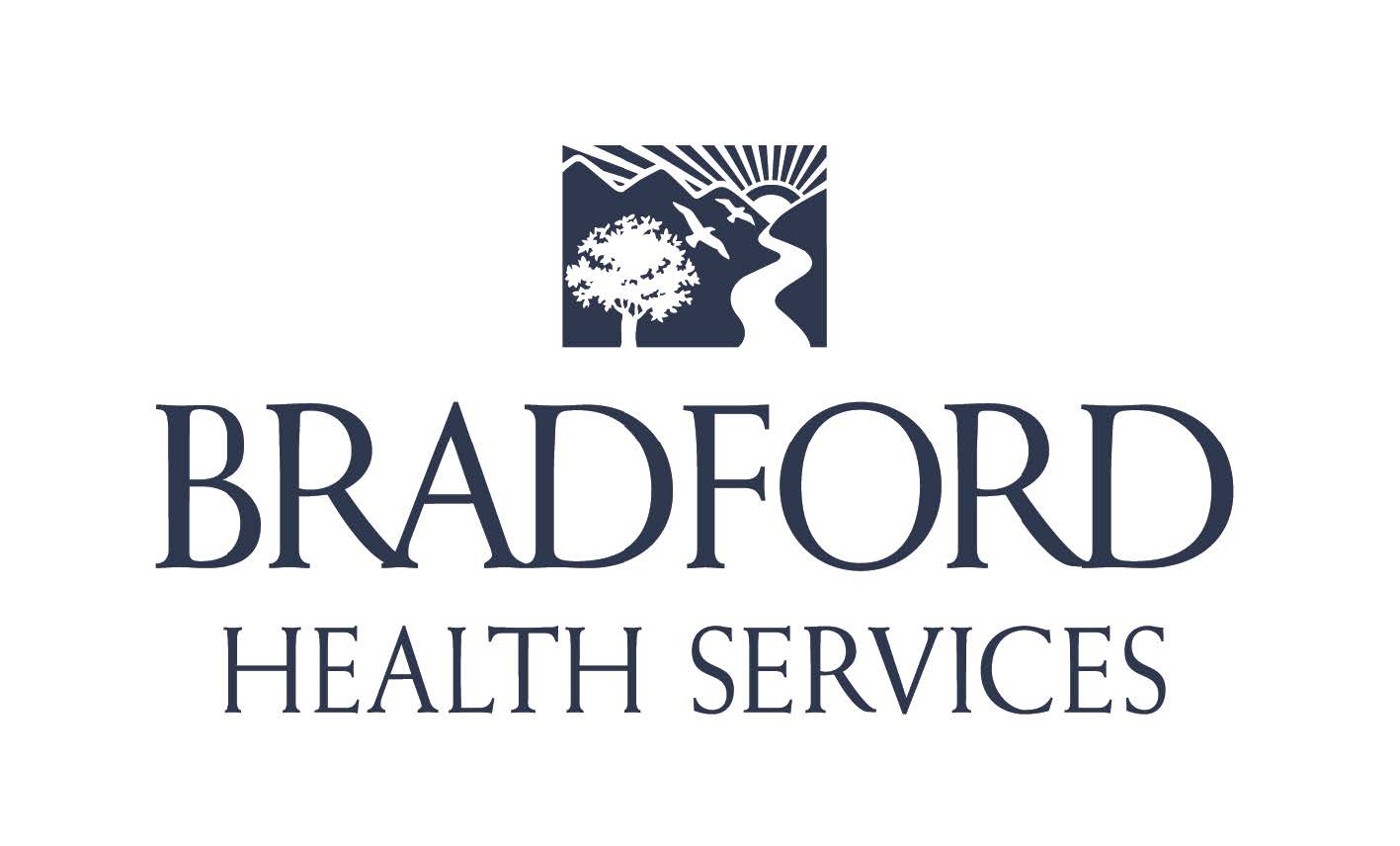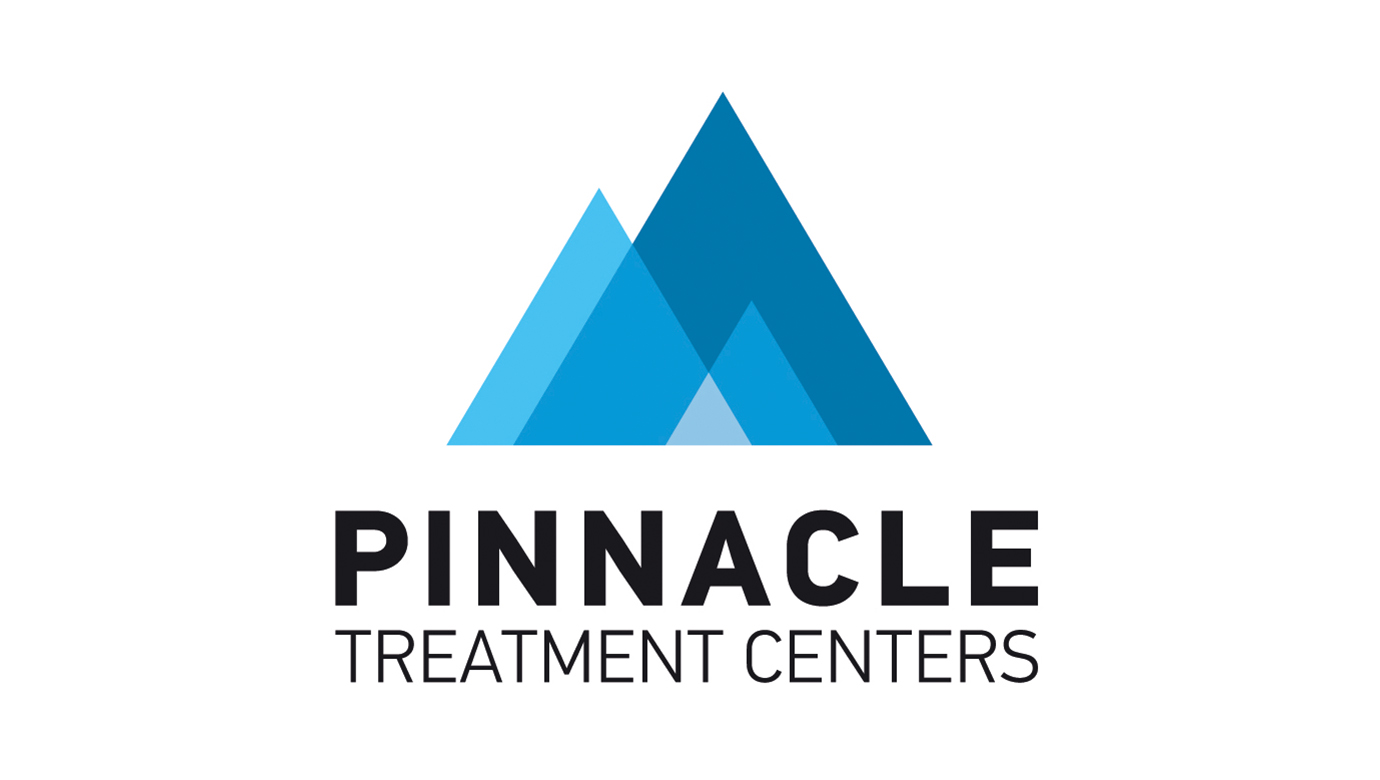Jul 21, 2020
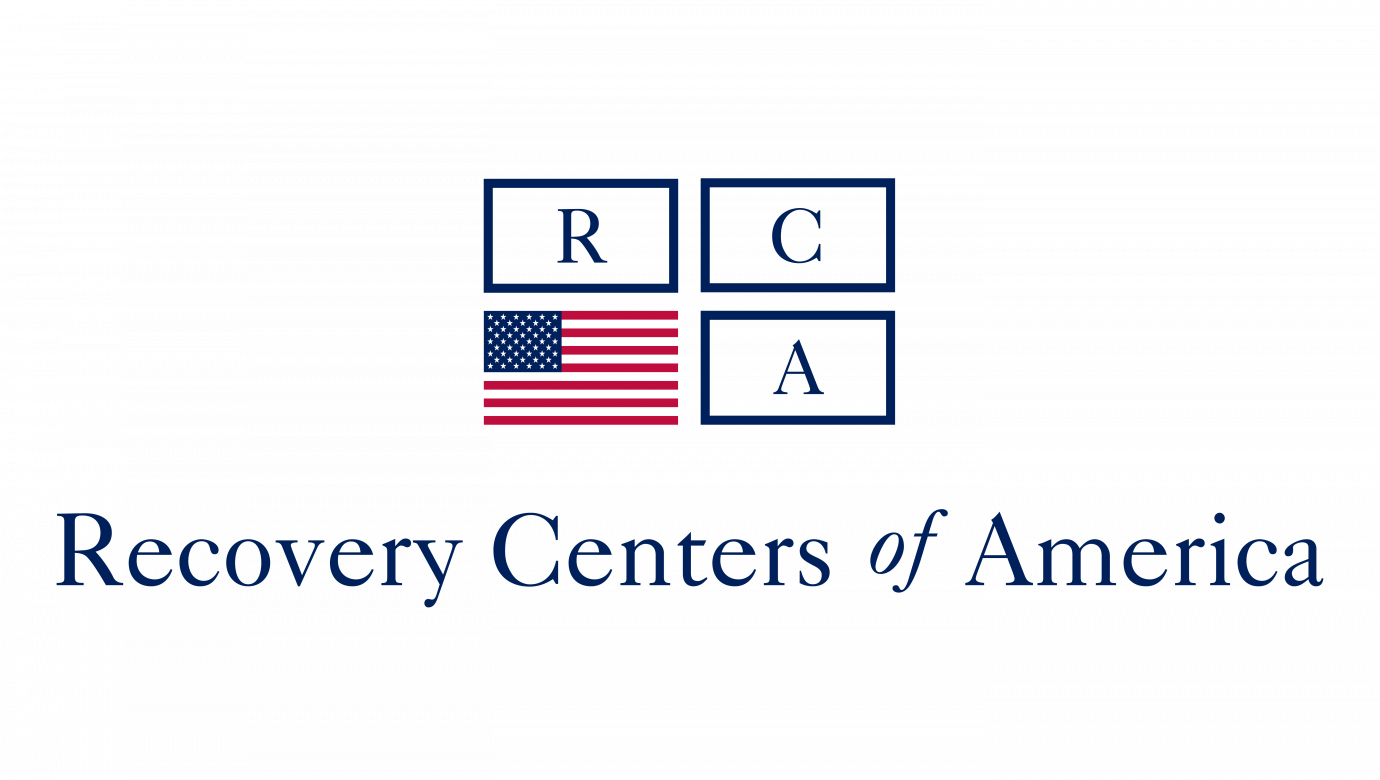
KING OF PRUSSIA,/PRNewswire/ -- Across the country, the rate of Americans dying of overdoses is once again rising, in some states, dramatically. Before the pandemic hit in 2020, federal and state targeted efforts to stop people from dying from overdoses had resulted in declines in overdose deaths for the first time in three decades. Unfortunately, that progress has been reversed in 2020 and drug deaths are up an average of 13 percent over last year.
In parts of Ohio, for instance, drug overdose deaths are up more than 50 percent compared to the same time last year, an upward shift mirrored in New York, Florida, and parts of Pennsylvania. Overdose deaths have doubled in Chicago and are up in other parts of Illinois. Maryland and New Jersey are also seeing spikes in overdoses. According to data from the New Jersey state drug information dashboard, drug overdose deaths jumped 20% this year; 1,339 people died of suspected drug overdoses in the first five months of the year, 225 more than were recorded in 2019 over the same time period.
Recovery Centers of America treatment centers are seeing spikes in admissions including relapses to drug and alcohol use for those once in recovery, often caused by social isolation, job loss, and other stressors. Recent research suggests that COVID-19 will lead to as many as 75,000 additional "deaths of despair" from overdose or suicide. During the pandemic, call volume to the "Disaster Distress Helpline" at the United States Substance Abuse and Mental Health Services Administration (SAMHSA), has increased 891 percent.
"Despite the magnitude of the concurrent COVID-19 pandemic, we simply cannot drop our focus from the drug and alcohol crisis in this country," said Dr. Deni Carise, Chief Science Officer at Recovery Centers of America ("RCA") and adjunct assistant professor at the University of Pennsylvania. "Our loved ones and friends are dying from the disease of addiction, both drugs and alcohol -- in the last few years, at a rate of nearly 150,000 people per year. This death toll is unacceptable because the disease can be treated."
How do we stop Americans of all ages from dying of drug overdoses as the COVID-19 pandemic waxes and wanes and social consciousness for equal treatment blooms?
According to Dr. Carise, the remaining "wall of shame" or stigma associated with the disease of substance use disorder (SUD) must be completely torn down and society's beliefs must change in order to accept SUD as a chronic disease. Drawing on historical observations from the diseases of cancer, TB, and AIDS, Dr. Carise stated that it's generally accepted that the stigma of a disease diminishes significantly when about 30% of those with the disease get treatment. In the case of SUD, while improvement has been made,only 10 percent of those suffering from SUD obtain treatment. "Despite progress, the majority of society still thinks that people suffering from SUD have "brought it on themselves" and that all the ramifications that come with it, such as greater chance of death, complete loss of control, family dysfunction, are of their own making, thereby providing one more reason why people don't seek treatment," explained Dr. Carise.
"We must use the collective momentum of the American people, at this time of unprecedented social change, to raise awareness that those suffering from substance use disorders are sick and need treatment or they will die, just like with other chronic diseases. An addiction to drugs or alcohol is not a behavior people choose," she said. "As with all chronic diseases, treatment must include an "adequate dose" or course of treatment, provided across a continuum of care, with appropriate services, for the appropriate length of time, delivered and supported with health insurance coverage. There are no cures for chronic diseases, and this is true whether we are talking about diabetes, hypertension, asthma, depression, or addiction."
Top priorities for state and federal public health officials and legislators during and after the pandemic, according to Dr. Carise, must include ensuring that SUD treatment capacity exists and that insurance coverage is in place without undue restrictions.
To stop our loved ones and friends from dying of drug overdoses, Dr. Carise explained that substance use disorder and behavioral health treatment must continue to be available at all levels of care. "Legislators should commit federal funding to this important treatment area by approving the emergency COVID-19 relief funding request to help keep substance use disorder treatment and behavioral healthcare accessible to those in need of these life-saving services during the pandemic, and keep these treatment options available post-pandemic."
Moreover, treatment must be affordable to patients and paid for by health insurance just like treatment for other chronic illnesses, Dr. Carise explained. This is not always the case despite existing insurance parity laws that have been passed by Congress. "While many insurers provide excellent coverage, some have been called out in legal proceedings for curtailing or denying appropriate inpatient stays or continuing treatment for relapses, or failing to include coverage for a treatment continuum. Therefore, existing laws need to be improved and enforced," she said.
Telehealth services have been essential during the pandemic and have helped millions of people receive treatment in the last few months. Congress needs to make these laws permanent for this path of treatment, according to Dr. Carise. Prior to the pandemic, it was predominantly rural areas that made use of telehealth treatment. In response to COVID-19, some state Governors issued emergency orders to increase access to telehealth services thereby increasing the pool of available health care providers. The result: many people who would not or could not attend treatment for SUD in-person were able to participate via telehealth, offering greater anonymity and convenience, and less perceived stigma. Since April, hundreds of RCA patients and their families have utilized telehealth in the form of education, assessment, counseling, specialty consult and family therapy.
Dr. Carise stated that the American Medical Association is calling on governors and state legislatures to act now to assist with opioid related deaths. "Recovery Centers of America wants to join with other voices calling for action on the addiction crisis now," she said.
According to the National Institute on Drug Abuse, there are more deaths, illness, and disabilities from substance use than from any other preventable health condition.
The key word here is preventable, according to Dr. Carise. "Even as we battle a pandemic in 2020, the concurrent addiction epidemic must not get lost and we must continue to engage all possible legislative solutions to prevent further loss of life."
Recovery Centers of America (1-800-Recovery) has helped nearly 40,000 patients suffering from substance use disorder since 2014. RCA's mission is to save one million lives by providing comprehensive evidence-based addiction treatment at seven RCA treatment facilities in Devon, Pennsylvania; South Amboy and Mays Landing, NJ; Westminster and Danvers, Massachusetts; and Earleville and Waldorf, Maryland. A full spectrum of outpatient services are also offered at many of these centers and in Voorhees, NJ. RCA also provides Medication-Assisted-Treatment (MAT) at its treatment centers and at standalone facilities in Trenton and Somerdale, NJ and in Lansdowne, PA.
For media interviews, please contact Terri C. Malenfant at [email protected].
SOURCE Recovery Centers of America
 Related Links
Related Links




